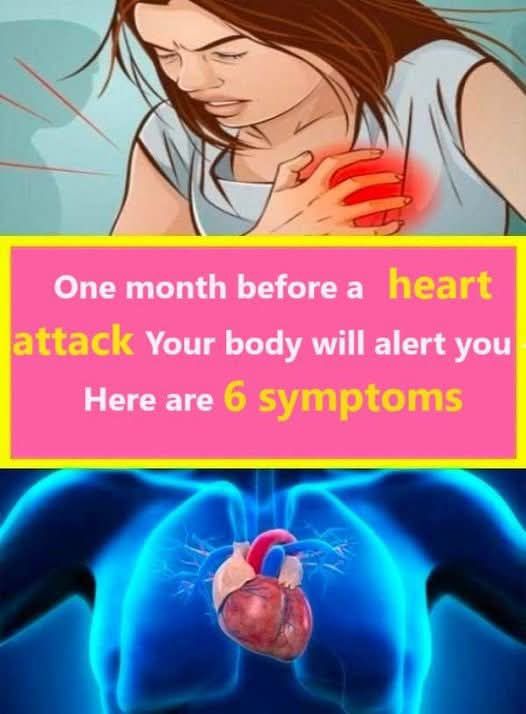Recognize the warning signs immediately: Sudden chest pain, shortness of breath, sweating, nausea, dizziness, or pain radiating to the arm, back, neck, or jaw could be signs of a heart attack. Don’t ignore these signals—your body is warning you.
Stay calm—but act fast
Panic accelerates heart strain. Try to remain as calm as possible. Sit down and focus on breathing slowly while preparing for the next critical step.
Call emergency services immediately
Dial emergency medical services without hesitation. Every second counts. If someone is nearby, ask them to call for help so you can focus on staying conscious.
Cough vigorously and repeatedly
This might surprise you, but repeated, forceful coughing—like you’re trying to clear something from your throat—can help keep your blood flowing and heartbeat stable until help arrives. Deep breaths followed by strong coughs every two seconds may stimulate circulation and help delay unconsciousness.
Chew an aspirin if available
If you have aspirin nearby and you’re not allergic, chew one 325mg tablet. It helps thin the blood and improves the chance of keeping an artery open. But do this only if conscious and not nauseated.
Try to loosen tight clothing
Remove anything restrictive like a tie or tight shirt collar. This can help reduce the strain on your heart and make breathing slightly easier.
Don’t lie down
Try to remain upright. Lying down may increase pressure on the heart and lungs. Sit against a wall or sturdy support and wait for medical help to arrive.
FAQs
Can coughing really save your life during a heart attack?
Cough CPR is controversial and mostly applies in very specific cases, usually under medical supervision. However, in a sudden emergency with no help, strong coughing may temporarily help keep blood circulating. Use this only while waiting for immediate medical aid.
Is aspirin safe for everyone during a heart attack?
No. If you have allergies or bleeding disorders, aspirin can be dangerous. But if it’s safe for you and your doctor has advised it before, chewing aspirin at the onset of symptoms can be lifesaving.
Should you drive yourself to the hospital?
Never drive during a suspected heart attack. The risk of losing consciousness is too high. Always call an ambulance—it has equipment and staff ready to assist immediately.
How can heart attacks be prevented?
Regular exercise, a healthy diet, quitting smoking, stress management, and routine check-ups are key to lowering your risk. Recognizing early symptoms can also make a huge difference in outcomes.
Taking just one or two of these steps in those precious 10 seconds can be the difference between life and death.
